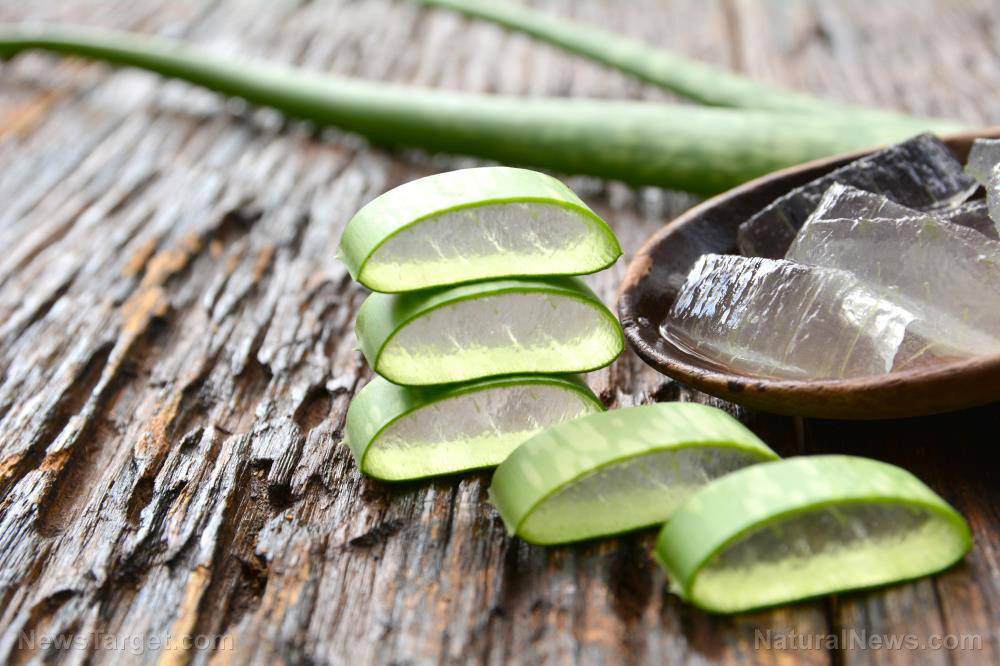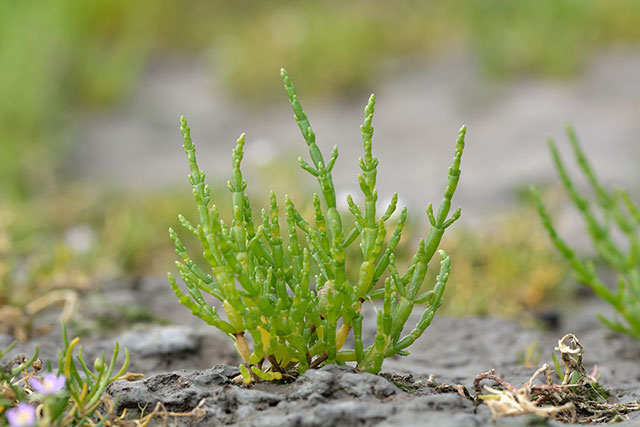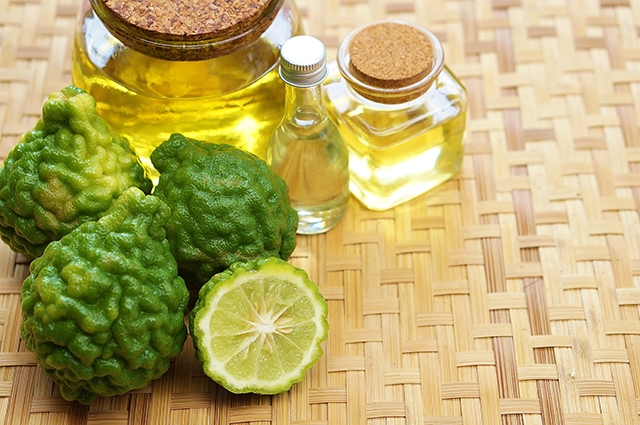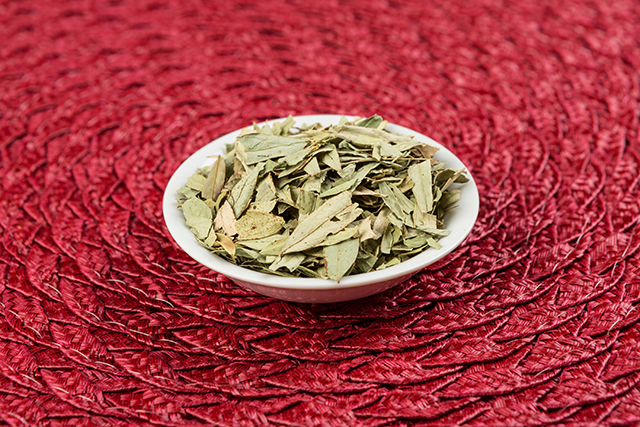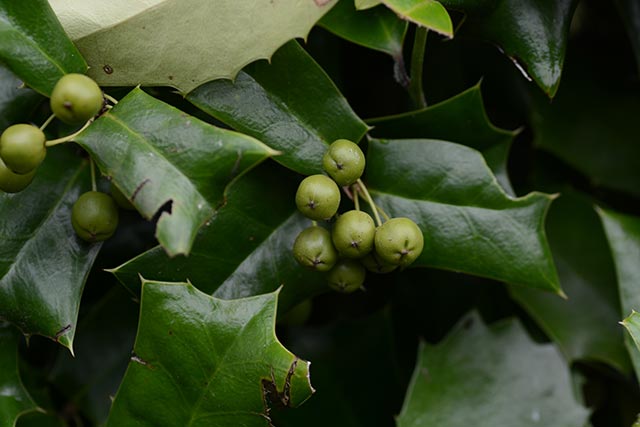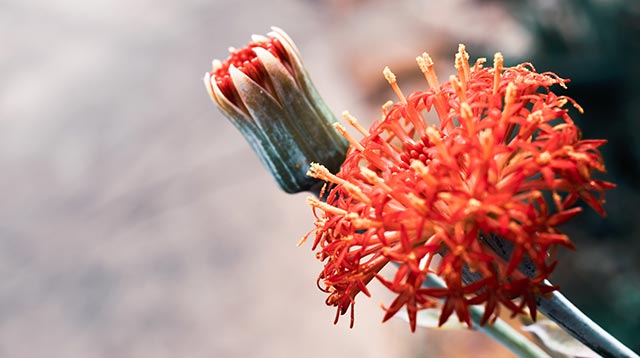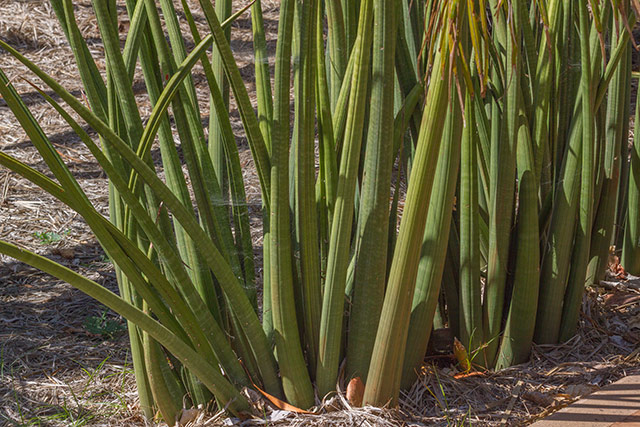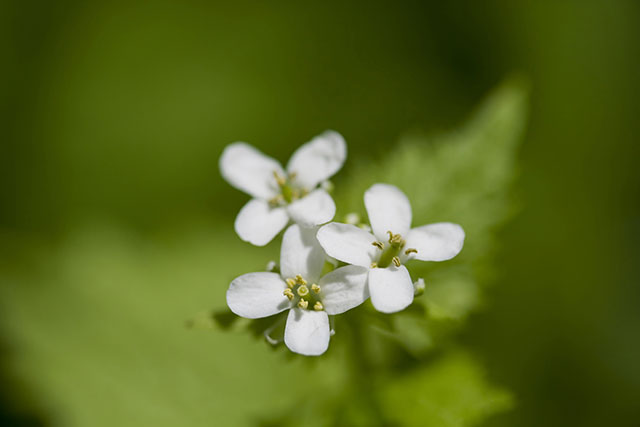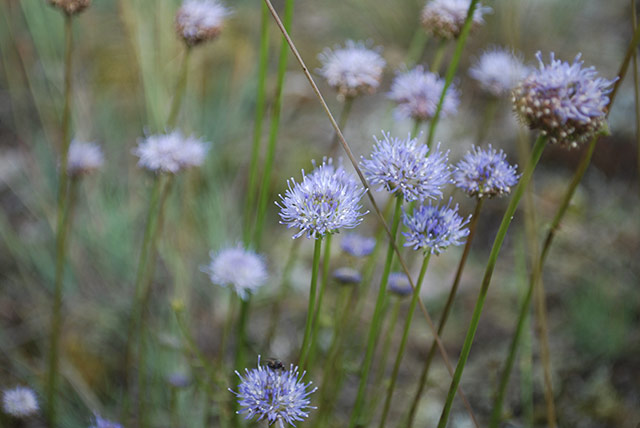Study: Depression can be remedied with natural extracts
08/05/2018 / By Isabelle Z.

Depression is a huge problem in modern society, not only because it’s very unpleasant for sufferers and those around them, but also because safe and effective treatments are hard to come by. A study published in Chinese Traditional and Herbal Drugs, however, points to a natural extract that could make a difference.
In the study, the researchers set out to determine whether the extract of anacycli pyrethri radix (APRE) could make an impact on depression in mice. They studied mice with induced depression and subjected them to a variety of tests designed to observe their behavioral changes, and they also analyzed their blood.
The researchers determined that APRE did indeed have an antidepressant effect, and they believe it came about because of the extract’s corticosterone-decreasing action and its ability to promote 5-HT nerve function.
Also known as Akarkara, anacyclus pyrethrum is a unique Ayurvedic herb that is grown in India. It features an aromatic root and an intense flavor. With its ability to boost the flow of saliva and burning taste, it is often used in places like South East Asia to treat toothaches, sore throat, and colds. It has been used to help the nervous system since ancient times, and it’s also used as a remedy for premature ejaculation and as an aphrodisiac.
Another extract that has been shown to be beneficial to depression sufferers comes from the saffron plant. Saffron extract has been proven effective as a natural antidepressant in several clinical trials. It is the crocin and safranal found in the plant’s petals and stigmas that is believed to be responsible for this effect. Various studies have shown it to be just as effective as prescription drugs like Prozac.
Treating depression naturally when possible is the ideal route
The results of these studies show that natural treatments do have a lot of value when it comes to treating depression. People have been conditioned to believe that man-made solutions must be better than what nature provides us, but pharmaceutical antidepressants have shown what a poor solution they are time and time again – although not everyone appears to be getting the message.
SSRI antidepressants actually make one out of every four people who take them more anxious instead of less. If you’re “lucky,” you might only have to deal with side effects like dizziness, nausea, and migraines, but many users fare far worse, dealing with issues like seizures and irregular heartbeat. They’ve been linked to a higher risk of heart disease, diabetes and early death, giving people new physical problems on top of their mental health issues.
All of that should be enough for most people to rule out these drugs, but perhaps the biggest reason is the higher risk of suicide linked to antidepressants – a risk that is so bad that manufacturers were forced to place a “black box” warning on the drugs’ packaging advising people of it.
One psychiatrist involved in the study that found the link between antidepressants and early death, University of Toronto’s Dr. Benoit Mulsant, said: “I prescribe antidepressants even though I do not know if they are more harmful than helpful in the long-term. I am worried that in some patients they could be, and psychiatrists in 50 years will wonder why we did not do more to find out.”
Unfortunately, that seems to be the case with a lot of doctors – these drugs are doled out without a solid understanding of their efficacy or risks, and most psychiatrists don’t even show the same concern about the situation as Dr. Mulsant.
That’s why it’s important to take an active role in your healthcare. If your doctor suggests antidepressants or any other medication, get another opinion. Find out if herbal extracts can alleviate your symptoms, and explore other proven methods for managing depression, like exercise and meditation. Antidepressants might be popular in our “quick fix”-obsessed society, but that does not mean they are the best choice.
Sources for this article include:
Tagged Under: Akarkara, anacylci pyrethri radix, Antidepressants, Anxiety, APRE, Ayurvedic medicine, depression, Herbs, mental health, natural medicine, natural remedies, Prozac, saffron extract, SSRIs

